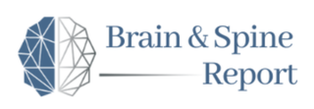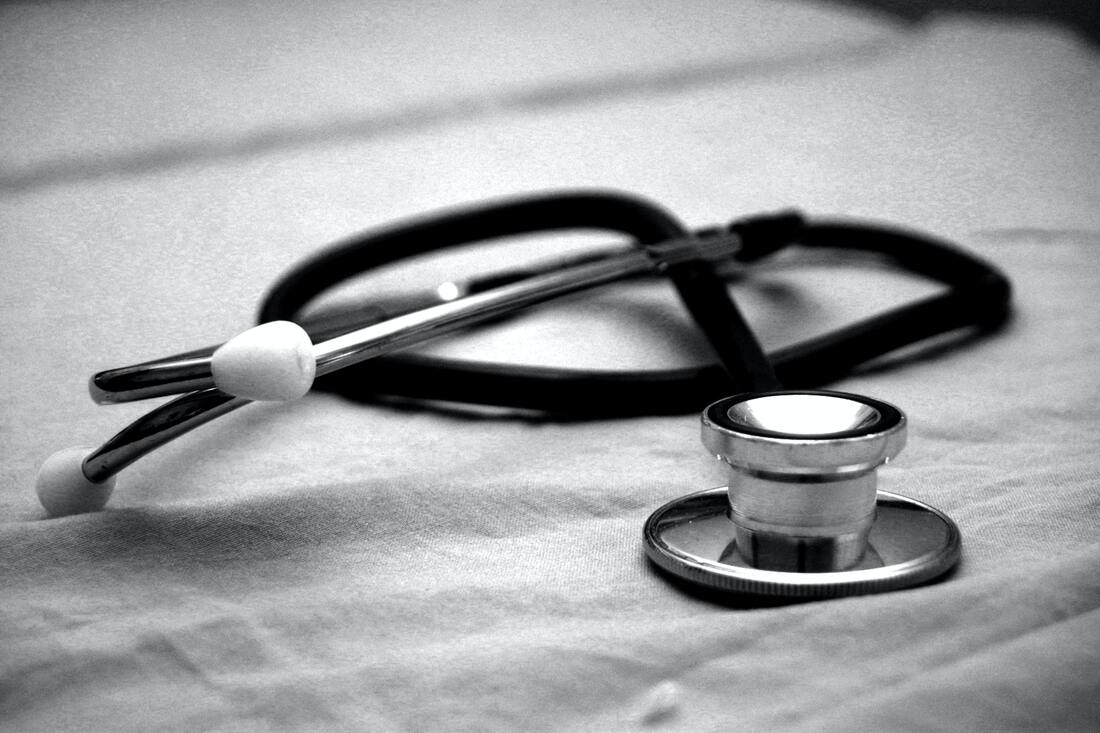|
The Covid-19 pandemic has led to an unprecedented era in medicine. By late March, hospital systems—preparing for the impending need to expand ICU capacity, redistribute hospital resources, and redeploy human capital—had enforced drastic policy changes unlike anything seen in recent history. Among these changes was the decision of medical schools in New York City to graduate students, like myself, early in order to help reinforce those working on the front lines. In the weeks leading up to the virus’ rapid spread throughout the United States, I spent hours each day reading about the Covid-19 outbreak. Some combination of fourth-year boredom, an attempt to get my mind off of rapidly approaching match day, and fear for what the virus had in store for my country had me skimming through introductory epidemiology texts, attempting to understand statistical modeling papers, and religiously checking the updated numbers. Some of my Italian lab-mates relayed information that they were getting from their families back home to me—the situation had become so dire that they had resorted to graduating medical students early, they said. To me, none of it felt real, and none of their warnings came close to preparing me mentally for what was about to happen to our city. Rumors started brewing the last week of March regarding our own early graduation status. Would an opportunity to graduate early be presented to us? On consecutive days we were told that there would be no option to graduate early and subsequently that we would be given the option with approximately 24 hours to decide, not yet knowing the roles that we were committing to. For me, it was an easy decision to make. After spending so much time and energy intellectualizing the crisis, I finally had the opportunity to help, however marginally, reduce the numbers that I meticulously watched climb every day. The expected administrative and logistic delays caused a short wait, but we eventually got our graduation dates and were told that we would start the following day. So, I set off on my drive back to New York from Ohio, where I had been staying with family. Somewhere in Pennsylvania, driving east alone on I-80, I graduated medical school via email and became a doctor. Commencement was originally planned for a Thursday in May at the iconic Carnegie Hall. In such a strange time, it didn’t feel so strange. Nor did it feel particularly out of the ordinary to take the Hippocratic Oath by video call a few hours later. The words “I now turn to my calling with the reward of a long experience in the joy of healing” resonated with me regardless of the medium on which I was reciting them. My first job as an M.D. is nothing like what I could have possibly imagined—I am working behind-the-scenes at a Covid-19 only field hospital, attempting to arrange transfers for Covid-19 patients who do not require intensive care. The role is straight-forward and at times monotonous (consists mostly of chart-review), though I can’t help but feel that I am making a difference in the lives of patients who cannot find a hospital bed and healthcare workers who feel overextended. Like many medical students, I often found myself feeling unhelpful, superfluous, and, at times, like a burden to the team. Finally, after years of wishing I could do more, I finally feel like I am making a valuable contribution at a time when this city and this country needs it most. AuthorGraham Winston, MD Brain & Spine Report is a product of the Brain and Spine Group, Inc. and the statements made in this publication are the authors’ and do not imply endorsement by any other group. The material on this site is for informational purposes only and is not medical advice. Unauthorized reproduction is prohibited. Categories All Comments are closed.
|
Categories
All
Archives
October 2023
|





4/28/2020